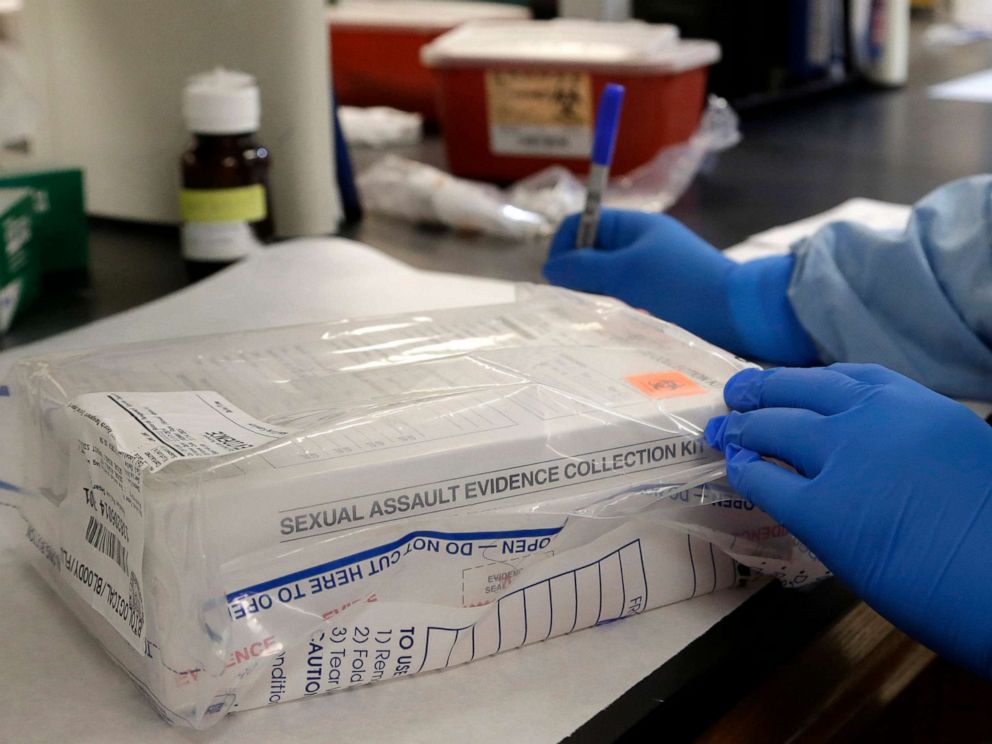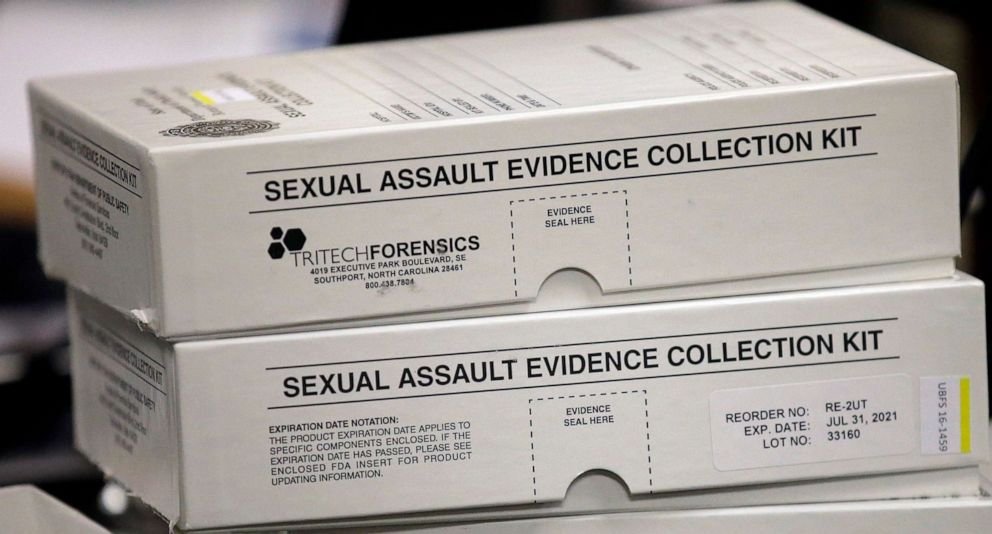Wisconsin law to curb rape kit backlog with standardized collection, tracking system
Thousands of kits have sat on shelves, officials said.
For years, thousands of sexual assault kits sat on the shelves in Wisconsin law enforcement agencies, leaving victims and investigators desperately waiting for crucial data, according to state officials.
But new legislation that went into effect Monday aims to prevent backlogs and provide victims with more information about their investigations.
Gov. Tony Evers signed two bills that have been in the works since 2019 that establish a detailed procedure for the collection and processing of sexual assault kits. The bills also create a tracking system where victims can see the progress of the tests.
"Victims and survivors of sexual assault have already gone through the unimaginable, and their path to justice should never be obstructed or delayed," Evers said in a statement.

Under the new laws, when a health care professional collects sexual assault evidence, a victim will have the choice to report the incident to law enforcement.
If the victim chooses to report the incident, officers have up to 72 hours to collect the kit from the health care professional, and then 14 days to send the kit to the state crime laboratories for analysis.
If the victim chooses not to report the incident, the health care provider is required to send the kit to the state crime laboratories for storage within 72 hours. The kit will remain in storage for up to 10 years, and if a victim reconsiders reporting the incident, the kit will be tested.
The Wisconsin Department of Justice will track the kits and maintain the database for the victims.

The two bills were approved by the Wisconsin state Senate in 2019, but didn't pass in both houses until this year.
Wisconsin is the latest state to address sexual assault kit backlogs.
Virginia and Missouri have also taken efforts to streamline the process and test thousands of kits that were in storage at labs in their jurisdictions.



